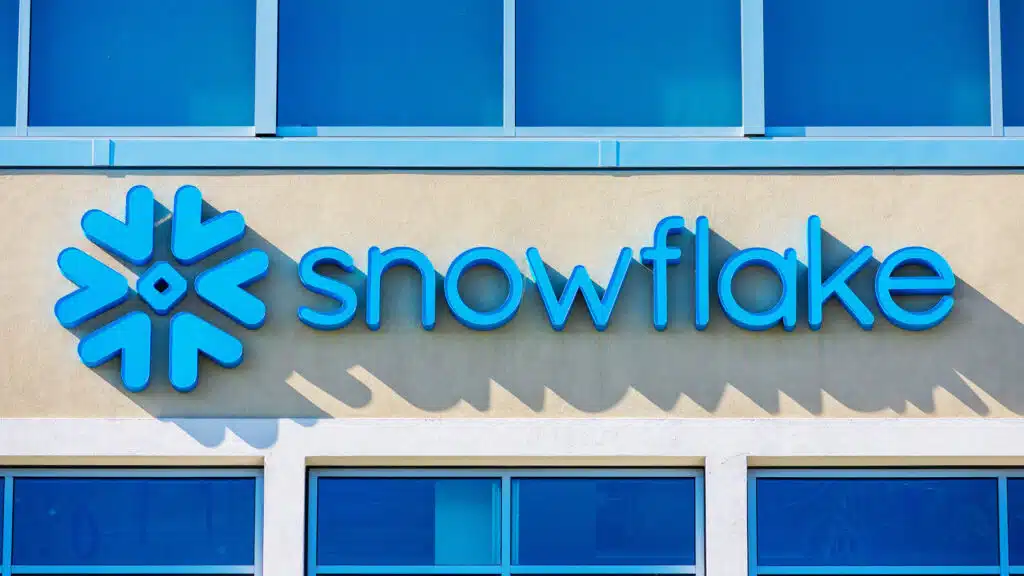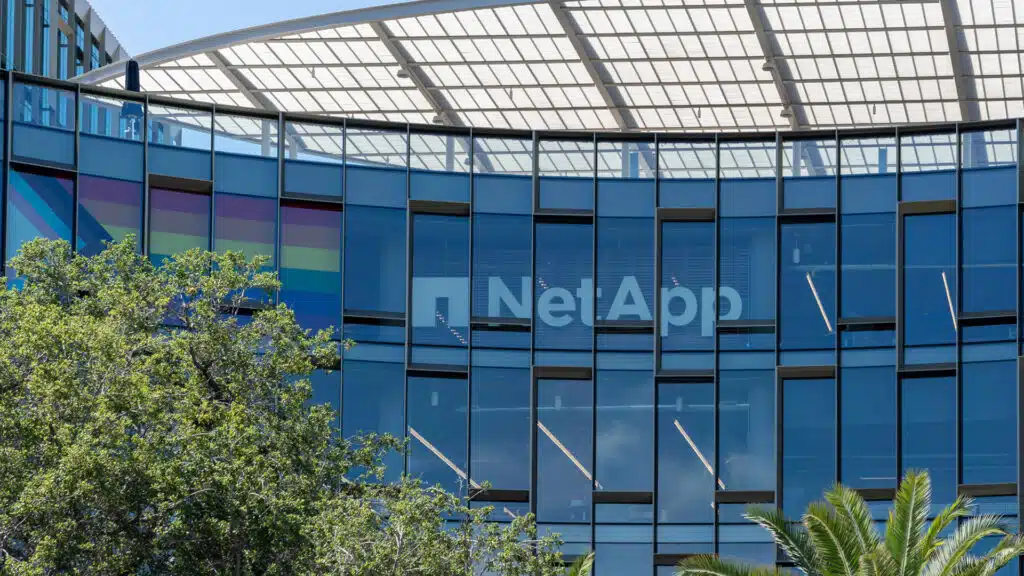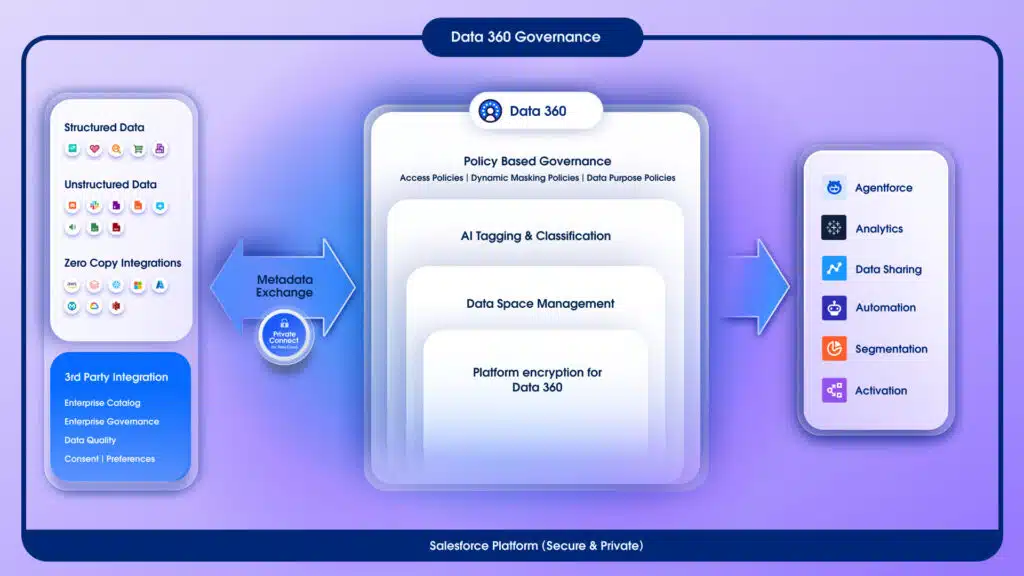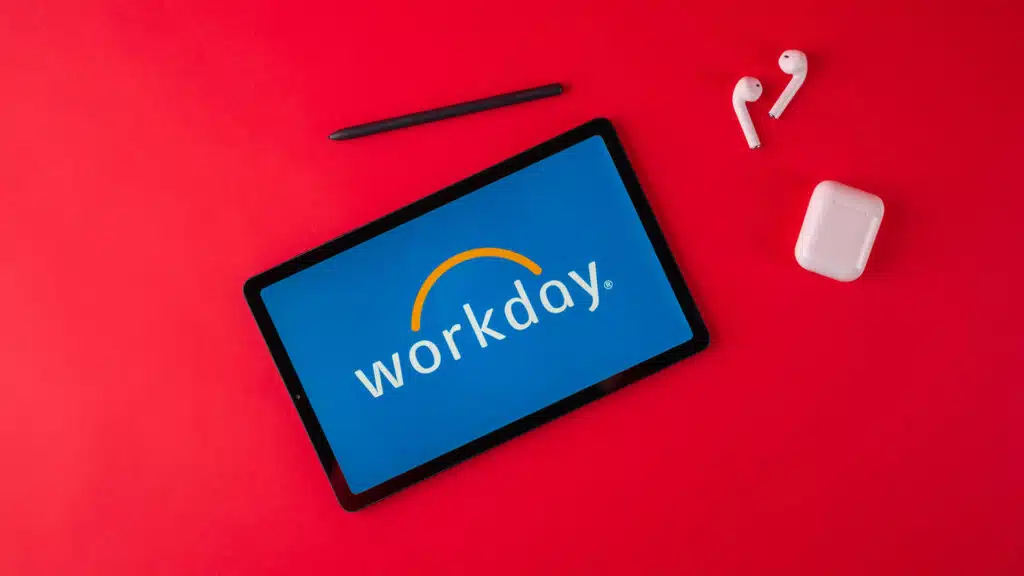The News: Teradata recently announced a generative AI capability for VantageCloud Lake called ask.ai. Read the announcement information on the Teradata website.
Teradata Launches ask.ai for VantageCloud Lake
Analyst Take: Generative AI is being incorporated into many products and solutions to enable greater usage by non-specialists and increase productivity for those more proficient in the technology. Such is the case for Teradata with the announcement of ask.ai for its VantageCloud Lake data platform. The natural language interface allows users to discover information about their data contained in the data platform and enables data scientists and data engineers to understand data structures and relationships and generate related code to accelerate productivity.
Use of ask.ai for those with approved access opens the data captured in the VantageCloud Lake data platform for analysis, visualization, and expansion of capabilities for extracting value from the data. An interesting aspect of Teradata’s ask.ai is that data platforms such as VantageCloud are used to organize and provide access and controls for data from which AI/machine learning (ML) models are trained using frameworks, in this case the AI capabilities are for improving that process as well as accessing the data. Although this setup does seem like a virtuous cycle, the potential outcome is profound. The data captured for AI and analytics will be more available and more useful, while enabling improvements in the complete process.
Notable uses highlighted in the announcement include:
- Greater understanding of the data through use of natural language queries by non-technical users
- Generation of code for advancing capabilities for the VantageCloud Lake data platform operation
- Greater productivity through accelerated development and fewer syntax errors
- Improved management of the VantageCloud Lake data platform with retrieval of system information; a natural language interface enables broader administrative access to environment information
- The structure of data and the relationship between data elements can be queried for understanding what information can be derived
- As with many of the AI capabilities incorporated into products, ask.ai includes help functions, enabling users to resolve issues quicker than referring to documentation
Key Takeaways: Teradata Launches ask.ai for VantageCloud Lake
The big takeaway is that Teradata has greatly expanded the ability to obtain more value from data in the VantageCloud Lake data platform and to increase productivity for continued advances with functionality for VantageCloud.
Disclosure: The Futurum Group is a research and advisory firm that engages or has engaged in research, analysis, and advisory services with many technology companies, including those mentioned in this article. The author does not hold any equity positions with any company mentioned in this article.
Analysis and opinions expressed herein are specific to the analyst individually and data and other information that might have been provided for validation, not those of The Futurum Group as a whole.
Other Insights from The Futurum Group:
Databricks Discloses Roadmap for Q3 with Data Platform Capabilities
Teradata Acquires Stemma to Expand VantageCloud Data Platform Capabilities
VAST Data Announces the VAST Data Platform
Author Information
Randy has written numerous industry articles and papers as an educator and presenter, and he is the author of two books: Planning a Storage Strategy and Information Archiving – Economics and Compliance. The latter is the first book of its kind to explore information archiving in depth. Randy regularly teaches classes on Information Management technologies in the U.S. and Europe.







